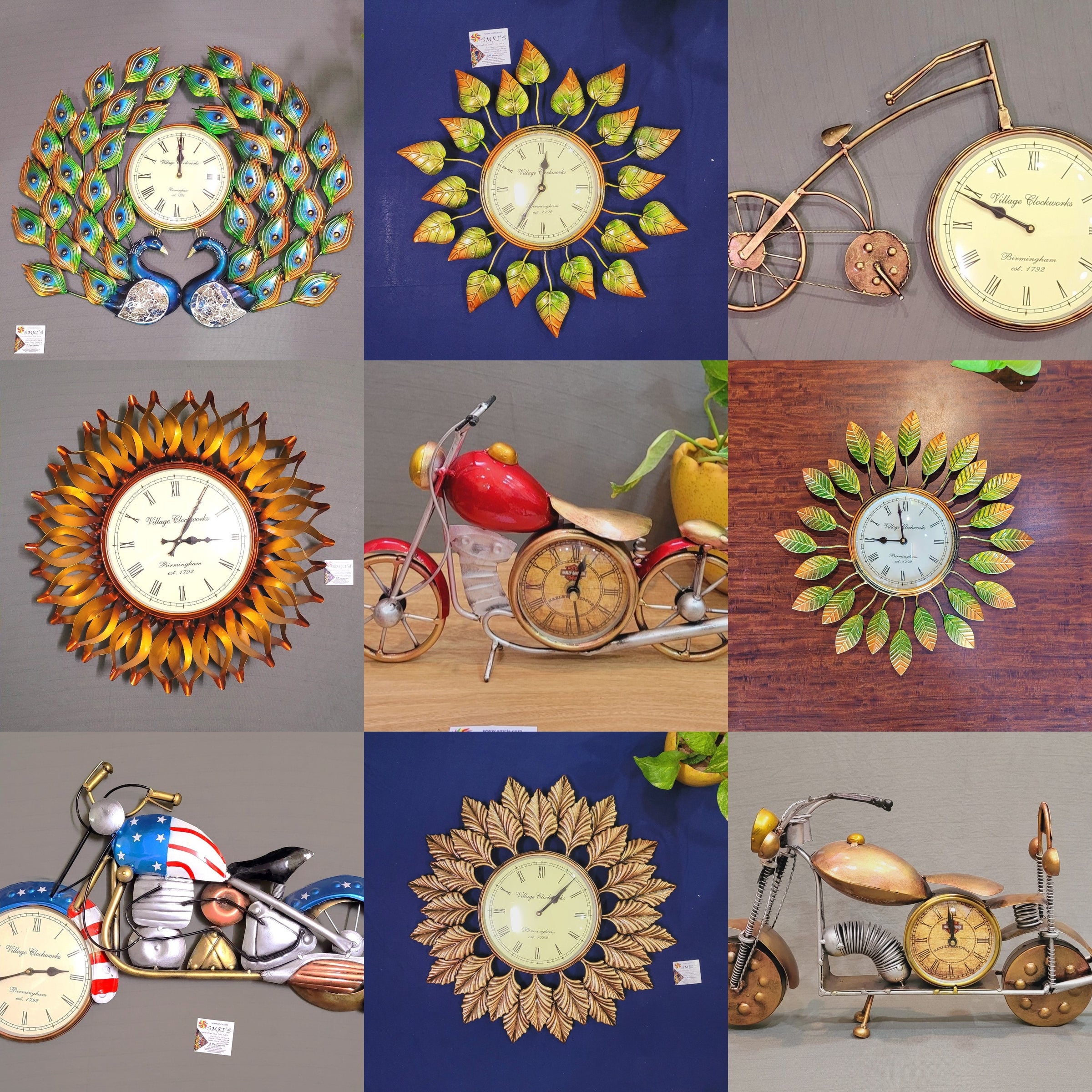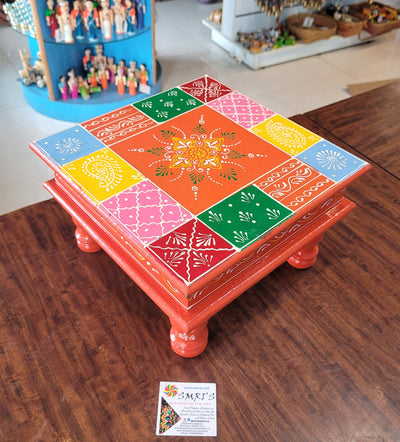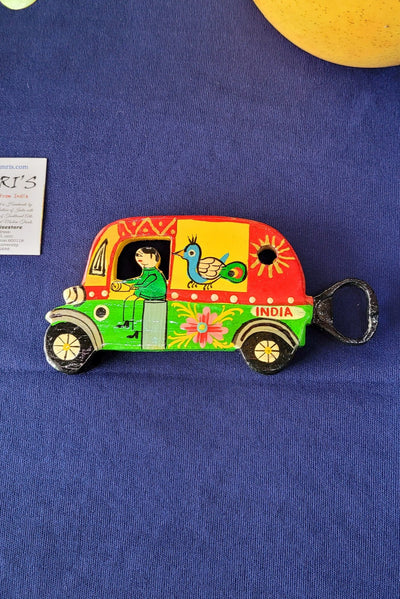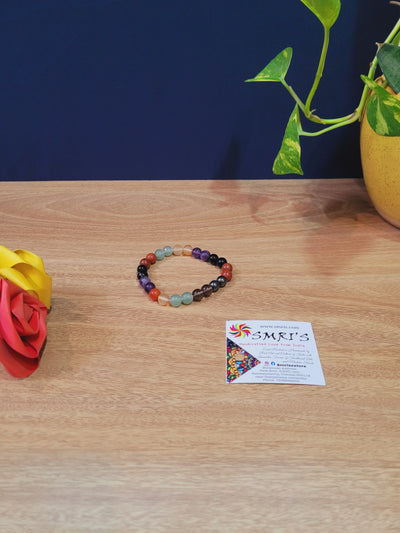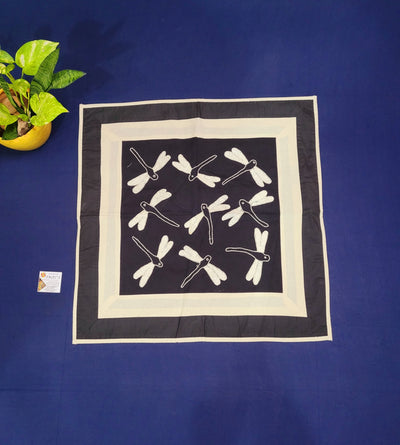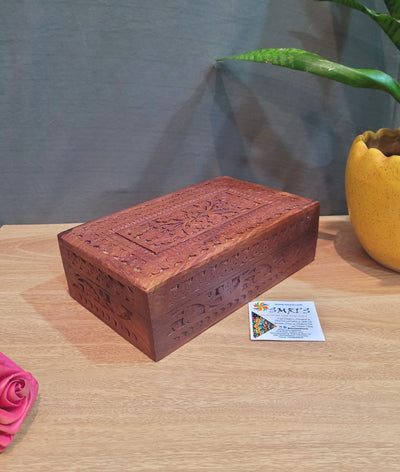What is the purpose of a clock?
A clock is a device used to measure, verify, keep, and indicate time.
How does a clock keep time?
Most modern clocks, from wristwatches to those used on satellites, keep time using a quartz crystal oscillator. These devices take advantage of the fact that quartz crystals vibrate at a precise frequency when voltage is applied to them.
Who invented the first clock?
The first invention was the pendulum clock, which was designed and built by Dutch polymath Christiaan Huygens in 1656.
How do clocks stay accurate?
Most clocks and watches today keep time by applying electric energy to a quartz crystal, a system developed in the 1930s. The energy makes the crystal vibrate or oscillate at a constant frequency and produce regular electric pulses that regulate a motor.
Can a magnet stop a clock?
An analog quartz or combination quartz timepiece is equipped with a motor drive system that uses a magnet to move the hands. If the normal rotation of the motor is affected by strong magnetism from the outside, the timepiece may also stop, or lose or gain time.
Do the clocks being sold at Smris need batteries?
Yes, all our clocks need batteries. Most of them need one 'AA' size battery.
What is a railway clock?
A railway clock, platform clock or station clock is a clock at a railway station that provides a standard indication of time to both passengers and railway staff. Nowadays these clocks are used as a decorative product because of its vintage, classic look.
What is the speciality of railway clocks?
Railway clocks shows time on two sides. One side has roman numerals and the other has numbers. These clocks give a vintage feel to your decor.
Why should I buy a bike clock?
Bike and cycle often signify an adventurous person. Cycle clocks and bike clocks will be an apt gift for such a family member or friend.
Please contact customer support if your question is not included here.
